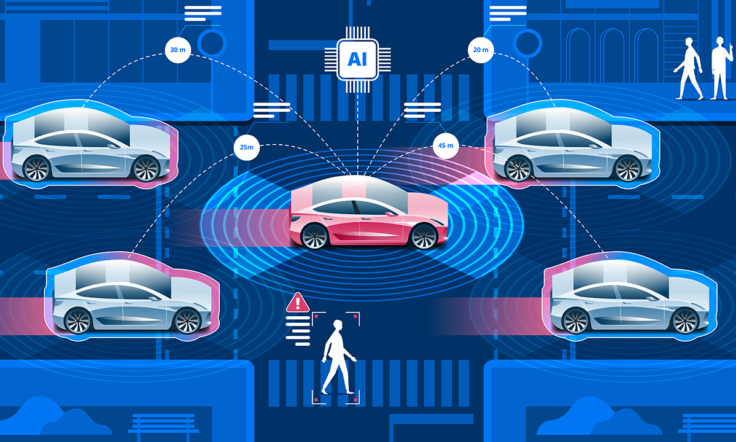
Autonomous systems are become popular day by day. The importance of ensuring the security of these systems is also become important.
It will probably be hard to ensure the security in autonomous systems. The statement made by a board member who investigated the Tesla accident in May 2016 also shows that security in autonomous systems will not be easy. “The potential benefits of automation on streets and highways are truly phenomenal, but they need to be followed carefully and thoughtfully.” (National Transportation Safety Board 2017).
In addition to that, it is possible to implement some techniques to maintain the security in autonomous systems. Artificial Intelligence plays an important role to maintain this security. For this reason, maintaining the security of AI systems means maintaining the security of autonomous systems.
In this sense, the existing methods such as IEC61508 standard can be implemented. However, although these standards, the security breaches in autonomous systems may cause serious damages as economically and personally. In this sense, leading exploration departments still continue the national and international projects research in order to solve Functional Safety issue.
The main methods used to ensure security in autonomous systems are:
Reliable Deep Learning
Implementing autonomous systems in open environments will require deep learning as well as the use of artificial neural networks. These methods show perfect performance for many tasks such as classification of objects in images. Machine learning learns from examples or learning through experiments. So, they will not need existing verifying methods like code examining. Therefore, this increased the reliability of functionality in autonomous systems.
Dynamic Risk Management
Many unknown situations may occur when developing a technic system in open environment. The ability to deal with such situations and to demonstrate reliable behavior even in such situations is called resilience.
In the concept of Dynamic Risk Management, new methods are continuing to be developed about risk-oriented working time structuring to increase the flexibility. It is also important that these systems must have necessary certificate to use them in critical systems.
Multilateral Security Engineering
Day by day, systems become more automated and more systems connected to the network. In order to develop the security in critical systems and ensure the security, new methods and standards are required to identify the normative requirements.
A system can be compared with the existing standard can show us whether the technical system is reliable. Currently, the realization of systems with a high level of autonomy is often hampered by problems with the certification and launch of these systems. This shows us the importance of Multilateral Security Engineering in autonomous systems. Existing standards and more need to be improved in order for systems to be ready for the market with a high level of autonomy.
Recently, machine learning based artificial intelligence models shows significant success for solving problems in real life. They must be developed more and integrated in autonomous systems with resilience performance. As a result of the certification of this integration in accordance with the standards, it is aimed to transform the security in autonomous systems into a more robust structure.





